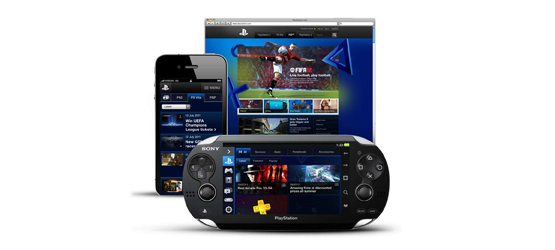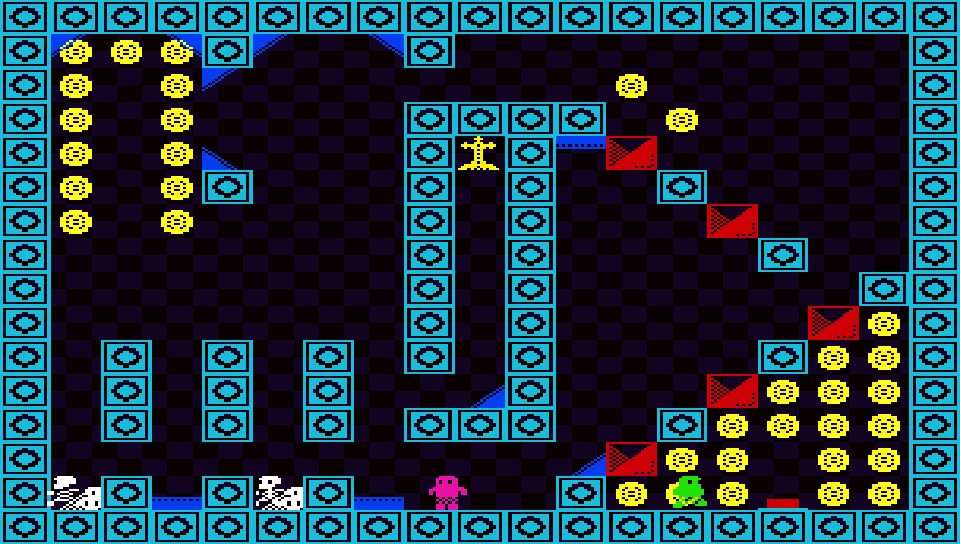Earlier this month it was announced that PlayStation Mobile was set to end later this year. The news was met with a lot of “Who cares?” and “PlayStation Mobile sucked” in our comment section. As you can see below, the PlayStation loyal had very little attachment to the service. What was the reason for this and where did the service go wrong? We reached out to several PlayStation Mobile developers to get their thoughts on the news and to dig a little deeper into why the service is ending.
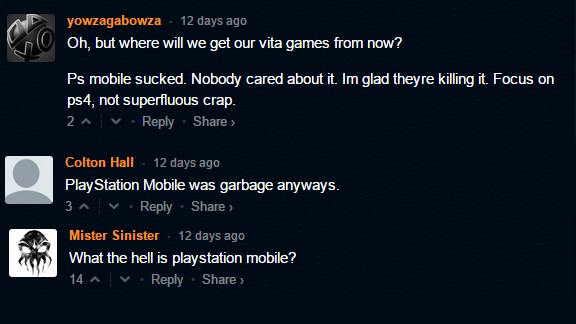
A Promising Start
Before we get to what PlayStation Mobile struggled with, it is worth pointing out that the service actually did a lot of things right. Sony’s efforts to court indie developers has been well documented, and PlayStation Mobile was a large part of that. After Microsoft stopped supporting their XNA development tools (which was responsible for the Xbox Live Indie Games service), there was a clear gap in the indie community of smaller developers who would like to publish their games on a gaming console but could not meet the requirements to do so.
PlayStation LifeStyle spoke to Necrosoft Games’ Brandon Sheffield, who released the unique puzzle/tower defense title Gunhouse through PlayStation Mobile, about the overall accessibility that PlayStation Mobile offered. “PSM was very accessible in some ways — you were free to develop for it, no license fees, no fees for pushing to the console, and you got to see your game on real hardware,” said Brandon. “That was really nice! On the other hand, it was not extremely easy to develop for, mostly because it wasn’t that well supported. PSM was a great idea — an open platform on real hardware was extremely welcome after the closure of the Xbox Live Indie Games program. It was a place where new or unknown developers could get console experience with relatively low stakes.”
Brandon does a great job of touching on both the pros and cons of developing for PlayStation Mobile. It filled a space in the indie game community that was clearly there after Microsoft stopped supporting it, but there were some drawbacks in terms of support. One of the most popular game engines, Unity, was apparently a pretty simple process to get ported over as Gremlin Software’s Joe Caldwell spoke to us about the challenges in porting over projects.
“There were step-by-step tutorials online that could be followed to get a Unity “Hello World” project up and running, then existing projects could be ported across with surprisingly few issues,” said Joe. Although, it was simple to get a project up and running on PlayStation Mobile, that doesn’t mean there were not a few issues along the way. “I first ported another Unity (iOS) game called Angry Toilets to the Vita but found when attempting to submit it that the file size was too large (over 1GB). Also the performance suffered a bit on the later levels of the game. I then decided to port Ball Bearing Racer since it was smaller, and less resource-intensive. Both were existing Unity projects that already were developed for iOS/Android, but had support for playing on PC with a gamepad controller so the port took hours rather than days.”
While the titles that could be released on the service were limited due to size constraints and performance issues, developers were able to get a working build running in “hours rather than days.” That is a huge plus for the service and one that should have seen more indie games released through PlayStation Mobile. Since if a game can be ported with a minimal time investment, then why not release it for the system?
Well, not so fast. Unity support wasn’t initially supported through PlayStation Mobile and wasn’t exactly loved by every developer we spoke with. Nostatic Software’s Mike Oliphant, who released over 10 titles for the service, thought that Unity support actually hurt the struggling service instead of helped. “The addition of Unity certainly helped a lot with general accessibility, but it was added too late in the game to make enough difference,” said Mike. “Ironically, the Unity support probably hurt PS Mobile as it mostly just allowed for sloppy ports of uninspired mobile games.”
Hidden in Plain Sight
Porting existing titles to PlayStation Mobile was a generally pain-free process (although your mileage would vary), but how did these titles do sales-wise? Were titles able to stand-out on a smaller service, rather than be ignored on a larger one like iOS? Joe Caldwell spoke about the plus side of not a ton of titles releasing through PSM. “[Ball Bearing Racer] did better than the Android version, worse than the iOS version. My next app Cave Squid is doing better in the PSM store than the iOS app store. The app stays at the top of the ‘Latest’ list for longer, is easier to get on the ‘Featured’ list, and there’s no yearly license fee.”
This thought was echoed by Mike Oliphant as he stated that PlayStation Mobile did far better sales for him than on iOS. “I actually do better on PSM than I do on iOS — iOS is one of the least successful platforms for me. I will definitely miss the revenue stream I get from PS Mobile when it shuts down in July.”
While the possibility of getting noticed was considerably higher on PlayStation Mobile than on other mobile platforms, there were fewer people interested in buying games for the platform. One of the main issues was that a lot of gamers just didn’t know it existed or how to purchase these titles. Brandon Sheffield talked about how difficult it was to get noticed by the average Vita owner: “If you ask me, though, the real problem was that PSM was in a different store from the regular PS Vita content. Most people I speak to never even knew it existed. It was obscure enough that I decided to write a primer on how to find our game!”
Developers shouldn’t have to write guides on how to find their titles in a marketplace. Even if a potential buyer was interested in an app, they had to find it which was far more complicated than it should be. Instead of being able to sort by the title of the app, the PlayStation Mobile storefront had to be navigated by genre if the title wasn’t featured on the front page. Want to play Breakout for example? Well, you’ll have to navigate to the “Brain Training” section, scroll down the list since it isn’t categorized alphabetically and then finally be able to purchase it. It is a convoluted and a poor way to show off the games available for purchase.
Farewell
Aside from the relatively huge issue of gamers not being able to find the games on the service, PlayStation Mobile was well-liked by developers. In fact, each one PlayStation LifeStyle spoke with was sad to see it go. Thomas Hopper had this to say about the soon to be defunct service.
“I’m very sad to see it go. It was great for me while it was around. I was looking into bringing a couple of games to the platform this year, much bigger than anything I’d done before, but just as I was starting to look into it everything began to shut down,” said Thomas. “I didn’t make my fortune with PSM, but the community that surrounded the Vita in particular always made it worthwhile. Lots of really good people, excited for games of any scale. I hope to bring games to that community again as soon as I can.”
Much to our surprise, several developers we talked to discussed plans to continue releasing games on the platform until it is ultimately discontinued in a few months. Necrosoft Games were one of the developers that plan on supporting the platform until its demise is official.
“I’m sad that PSM is closing! It was a good idea, and given a proper push, it really could’ve helped keep the Vita vibrant with new games, and also could’ve been an even greater platform for new and young developers, which I think is quite important,” said Necrosoft Games Director Brandon Sheffield. “But like I said, it’ll always have a special place in my heart for helping keep Necrosoft afloat for that first year, and that’s why we’re going to give it one last hoorah. I will not only salute it’s passing, two of our games will go down with the ship, like a captain and first mate saluting the moon in the freezing darkness.”
What is this final celebration? Brandon wasn’t ready to announce the title yet (although he did tease that an announcement was coming soon) but he did explain why he would release a game on a platform that is ending very soon.
“We’re going to try something interesting with our last PSM release. We want to use it as something of a test platform — give it away for free (presuming we’ll be allowed – prognosis looks good for that), and gather feedback from players regarding whether they like the game, what they want to see more of, and whether they’d like a full version on Vita and PS4. It’ll be like an early access build that’s only available for a few months to the intrepid souls who want to tab over to PSM one last time, and try something a little new. It’s kind of romantic, don’t you think!? We’ll be talking about this more once we solidify our plans. Better to burn out than to fade away, right?”
Romantic indeed.
Essential Reading:
- The Ultimate – The Last of Us 2
- Top 5 Hardest PlayStation Games
- Versus – Call of Duty vs. Battlefield
15 PS Mobile Games
15 PlayStation Mobile games you should play before they are gone forever.
-
15 PlayStation Mobile Games To Check Out
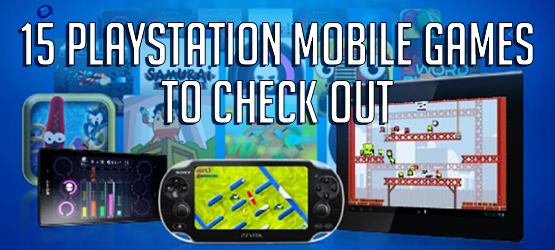
-
Adventure Bar Labyrinth
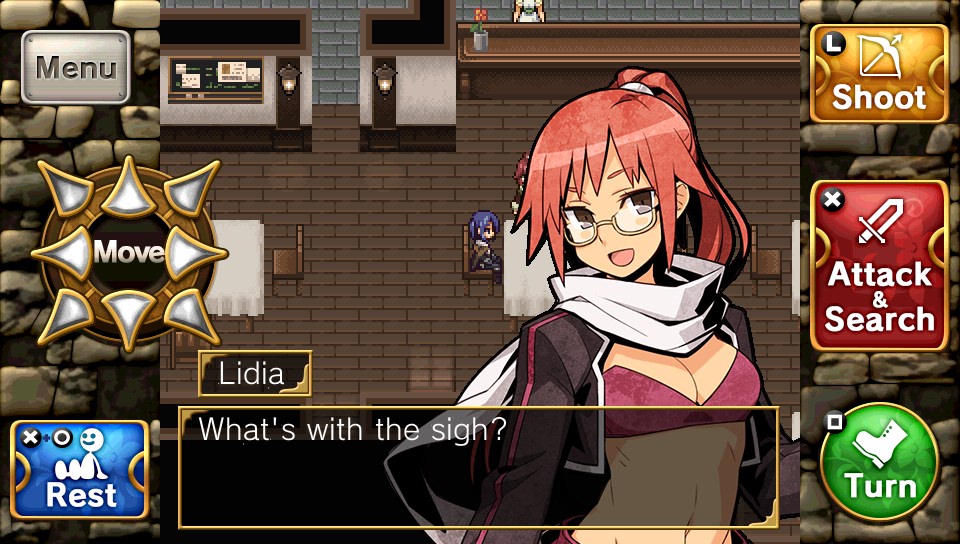
Adventure Bar Labyrinth is a turn-based RPG with a twist: you also run a bar! A gorgeous retro art-style makes this RPG one to check out!
-
Bike Rider DX
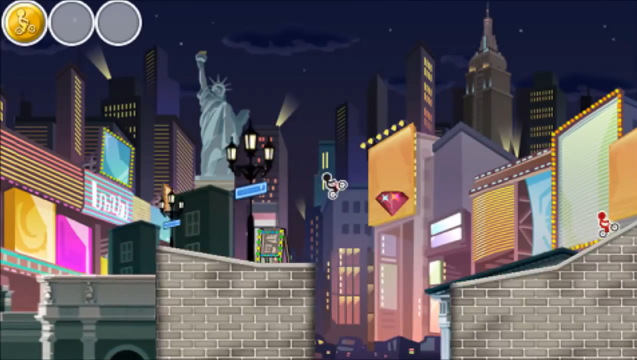
Bike Rider DX is a simple action game where the player has to navigate through tough obstacle courses on their bike. The gameplay is simple, addictive and with three medals to collect in each level, there is plenty to do!
-
Cardboard Castle
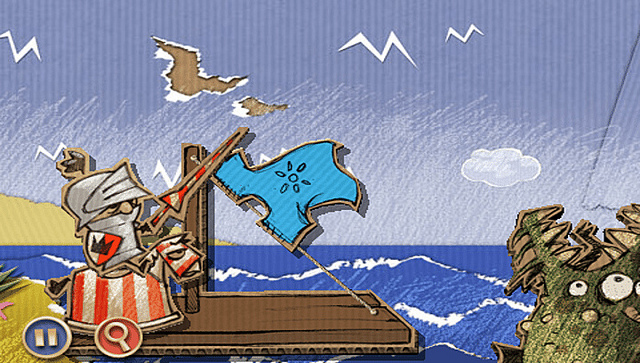
Cardboard Castle is one of the best looking games on the Vita with a gorgeous art style. Players will need to explore the cardboard world to save the day in each of the game's nine quests.
-
Chaos Rings
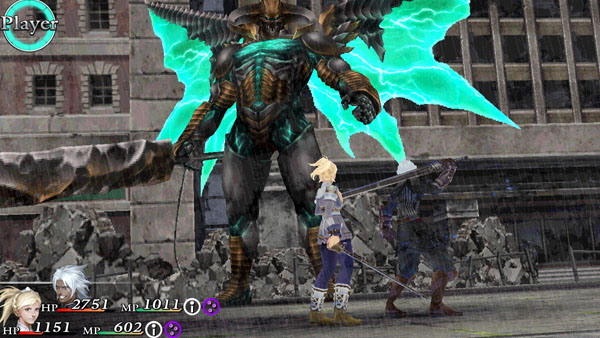
Chaos Rings has become a successful series on iOS for Square Enix. While only the first game is on PlayStation Mobile, it is still a RPG worth checking out.
-
Console Saga
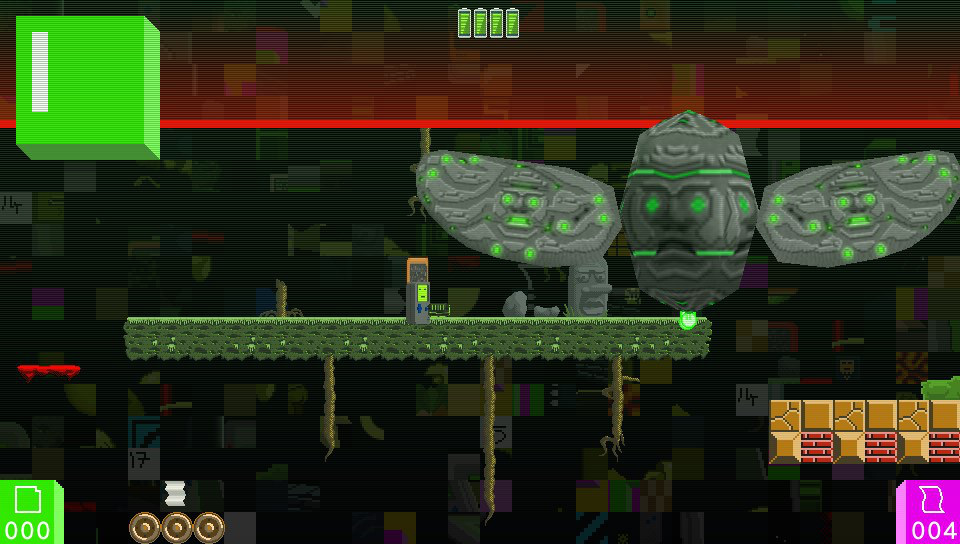
Console Saga is a unique title that takes inspiration from gaming's past. Players play as an obsolete handheld gaming console (that looks suspiciously like a Game Boy) who must save classic games from getting eradicated.
-
Fuel Tiracas
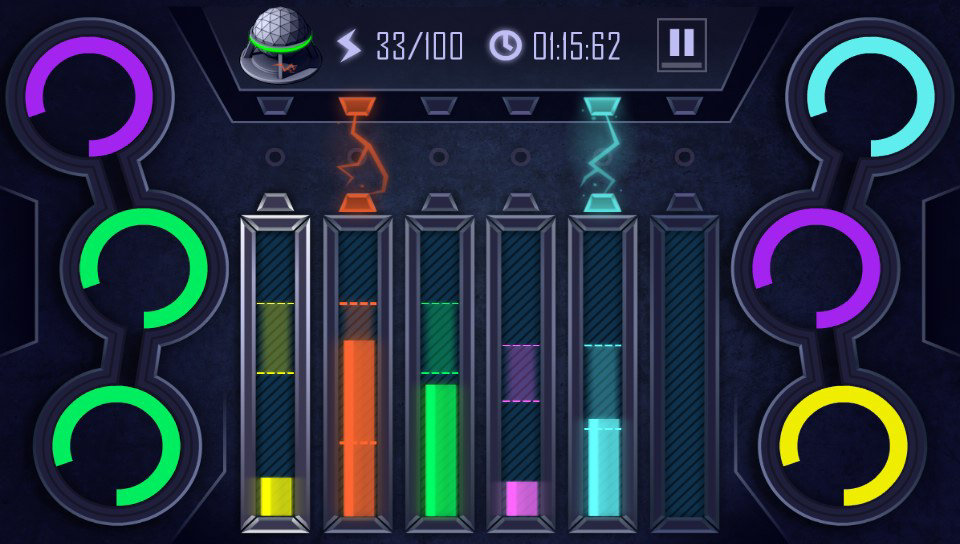
FuturLab has developed some great games for PlayStation systems and one of their best might be the addictive Fuel Tiracas. While the gameplay may be part Whack-a-Mole and part Simon Says, it is fully addictive.
-
Gun Commando
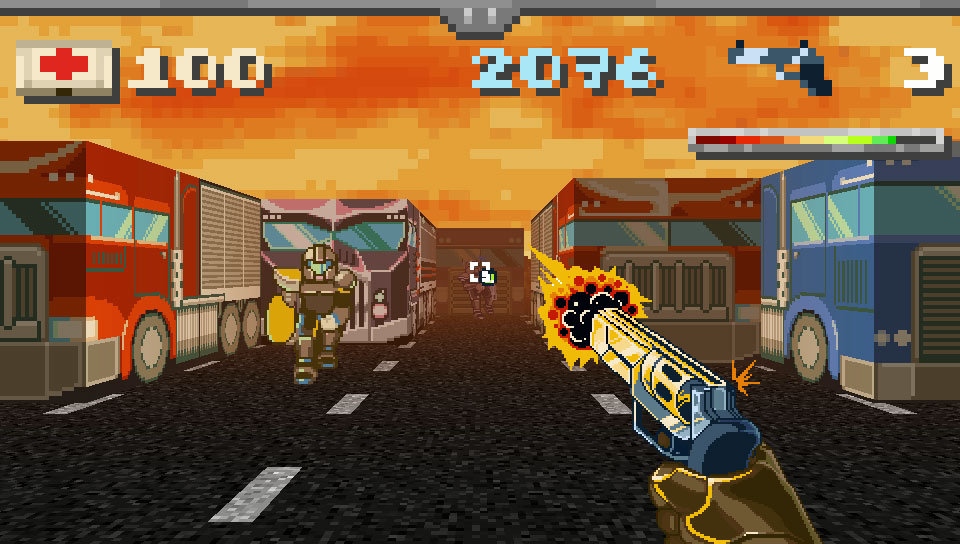
Gun Commando is an ode to FPS classics such as DOOM and Duke Nukem. It features over 20 levels of difficult, retro gameplay. If you have any nostalgia for classic shooters, then Gun Commando is worth checking out.
-
Gunhouse
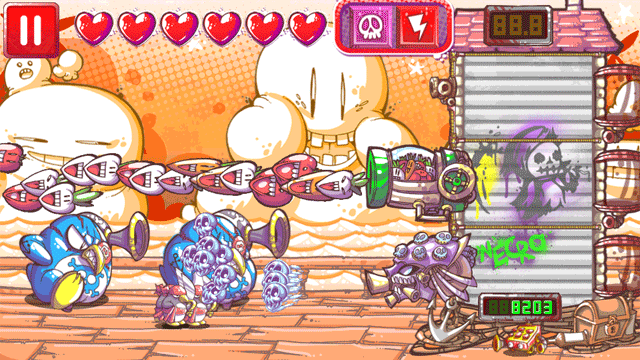
Some genre mash-ups don't make any sense until they happen. Who knew that tower-defense and puzzle games could go together so well? Apparently, developer Necrosoft Games knew since Gunhouse combines these two genres into a great game.
-
Life of Pixel
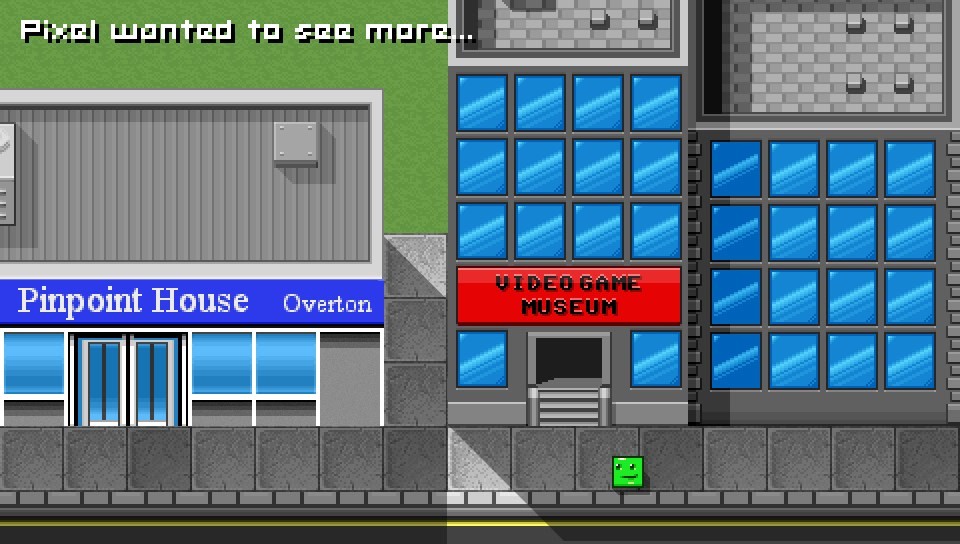
Life of Pixel spans several eras of classic gaming with its graphical style changing with each one. This platformer is one that needs to be experienced.
-
Passing Time
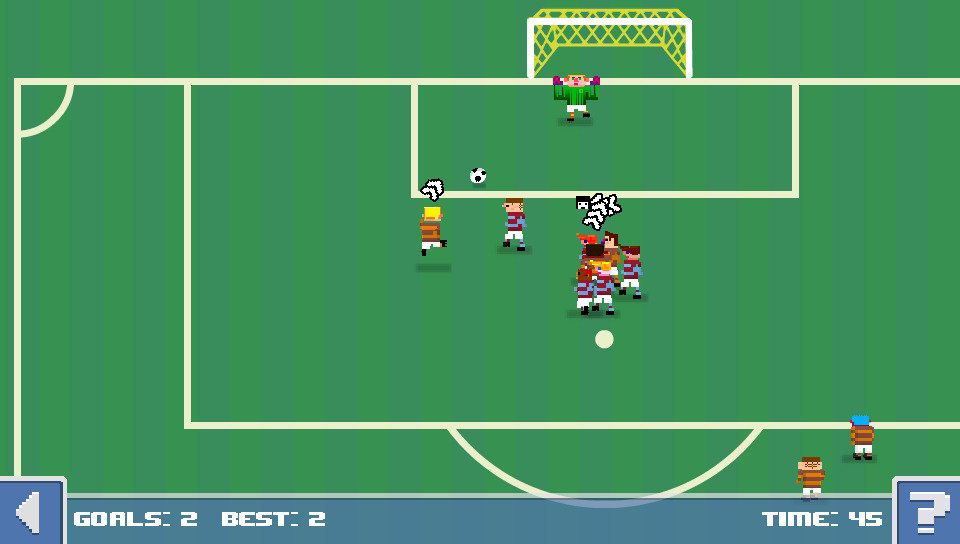
Want to play a football game that is doing something different from what FIFA does every year? Then check out Passing Time, a unique Sony published mini-game collection that is based off the world's most popular sport.
-
Picbox
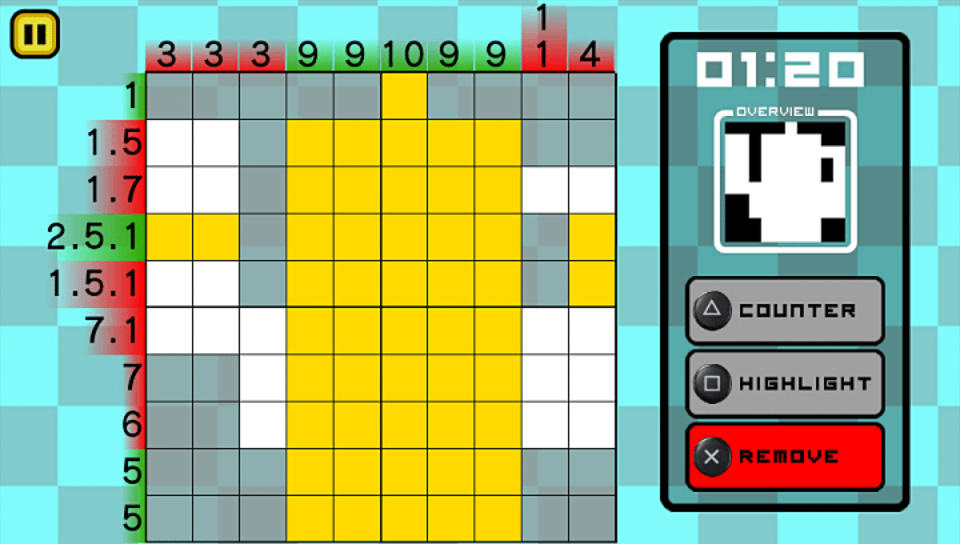
Picbox brings nonograms, better known as the puzzles found in Picross, to PlayStation Mobile. Enough said, really.
-
Rymdkapsel
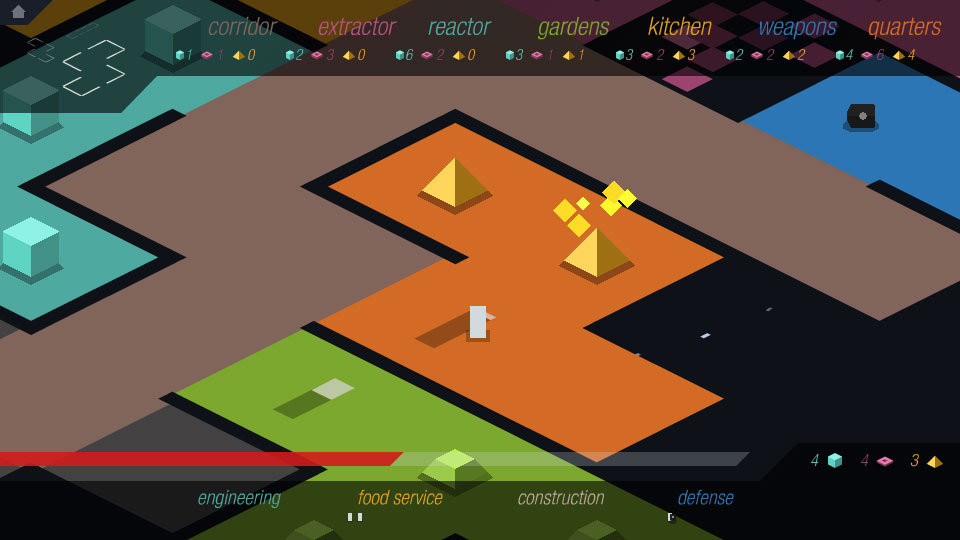
Rymdkapsel is a minimalist take on real time strategy games. Throw in a clear Tetris influence and you have one of the more interesting takes on the RTS genre.
-
Super Crate Box
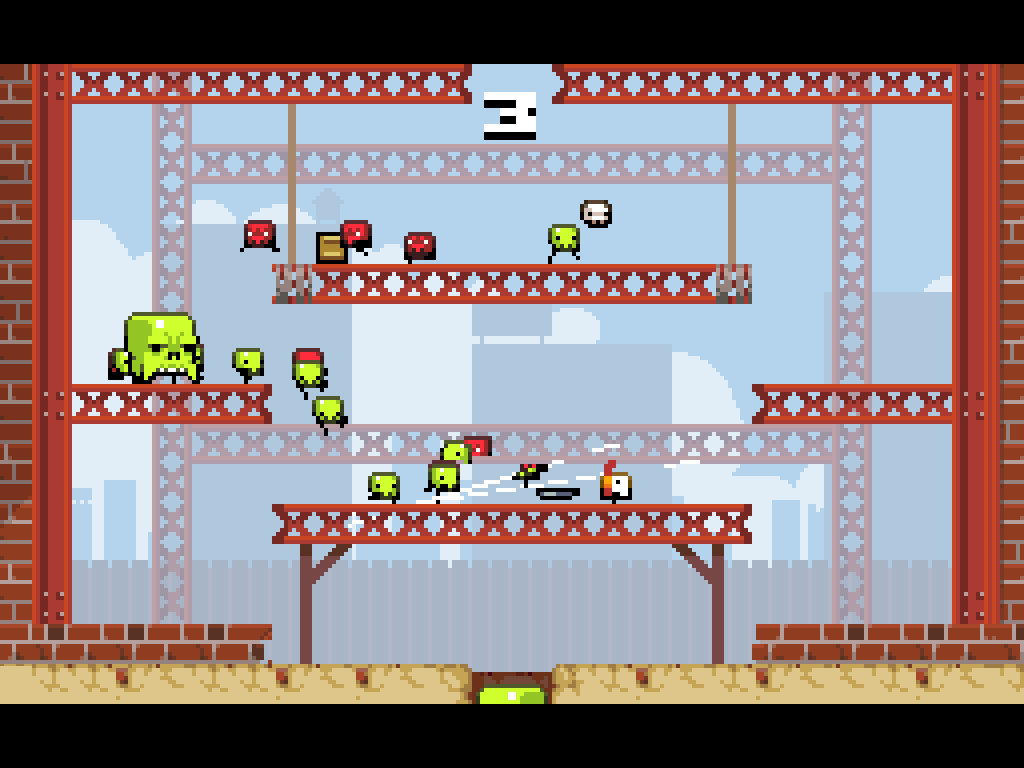
While developer Vlambeer may be better known for Luftrausers, they previously released Super Crate Box on PlayStation Mobile. It is a challenging, addictive action game that players can play for hours without getting bored.
-
Ten By Eight
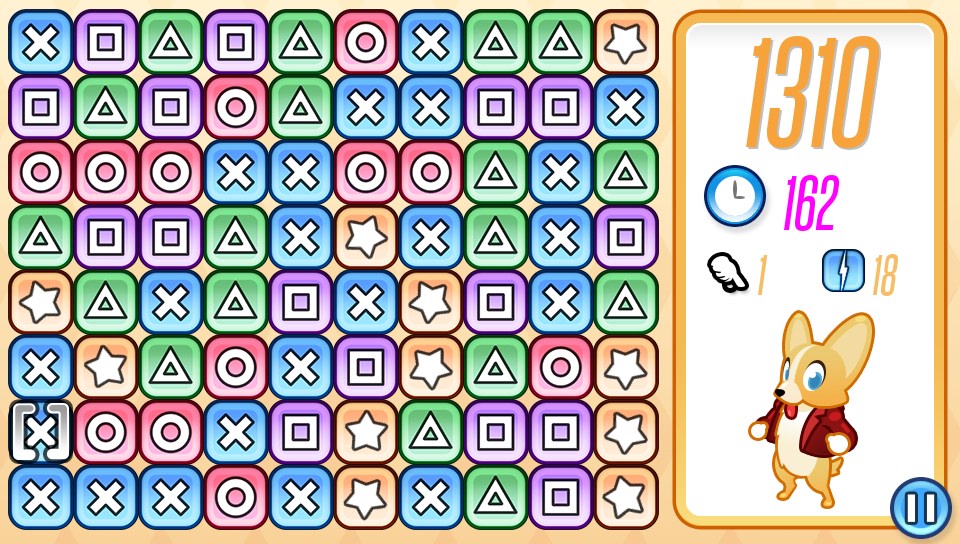
Ten By Eight is a fun puzzle game that has a focus on building combos. Add in a cute art style and you have one of the best puzzle games available on PlayStation Mobile.
-
Tokyo Jungle Mobile
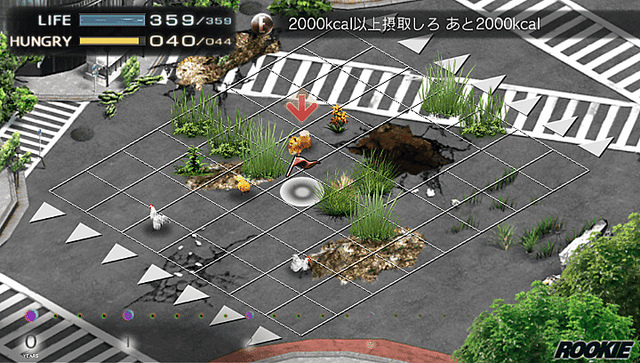
Tokyo Jungle Mobile manages to cram the fantastic gameplay of the PS3 cult classic onto the Vita.
